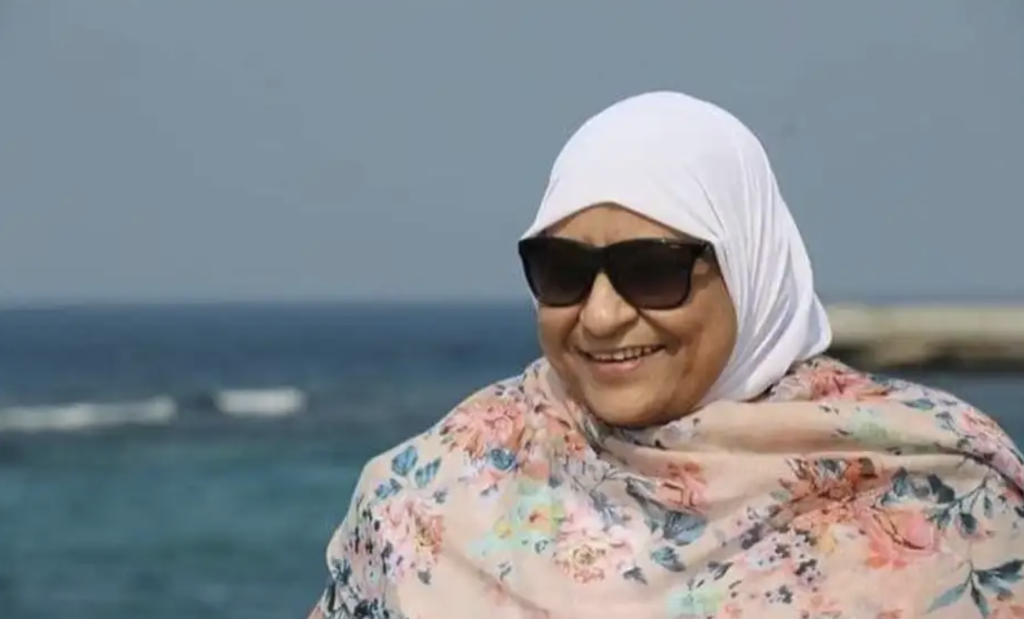(Washington, D.C.) – In response to today’s news that an Egyptian court has acquitted 41 NGO employees convicted in June 2013 in the so-called “NGO foreign funding” trial, Project on Middle East Democracy Deputy Director for Policy Andrew Miller issued the following statement:
“The Project on Middle East Democracy (POMED) welcomes today’s news that an Egyptian court acquitted 41 employees of U.S.-based nongovernmental organizations (NGOs) who were convicted in the so-called “NGO foreign funding” trial in June 2013. The defendants included Americans, Egyptians, and citizens of other countries who worked for Freedom House, the International Center for Journalists, the National Democratic Institute, and the International Republican Institute on projects in Egypt. We understand that efforts will continue to secure the exoneration of the last two defendants in the case.
“For the acquitted and their family and friends, today’s verdict marks the culmination of a long ordeal that began more than seven years ago, just months after the 2011 revolution, when the Egyptian authorities launched an unprecedented and politicized crackdown against U.S-funded democracy and human rights NGOs. In December 2011, Egyptian security services raided the Egyptian offices of 17 NGOs on baseless accusations that they were conspiring against national security. Set against what amounted to an organized media campaign that portrayed the NGO workers as American agents and spies, the ensuing 2012-2013 trial was grossly unfair and resulted in all 43 defendants receiving prison sentences of up to five years for the illegal receipt of foreign funding, operating an NGO without a license, and performing prohibited activities.
“The Egyptian campaign against these U.S.-based NGOs precipitated a crisis in the bilateral relationship. Over the years, a coalition of groups in the United States and Egypt, including the Cairo Institute for Human Rights Studies, Human Rights Watch, the Tahrir Institute for Middle East Policy, Human Rights First, the Bipartisan Working Group on Egypt, and POMED, joined with the organizations of the NGO workers to help ensure that their fate was not forgotten. Ultimately, it was sustained pressure on the Egyptian government from the Obama administration, the Trump administration, and especially the U.S. Congress that eventually led to today’s exoneration of the victims of this travesty of justice.
“Yet Egyptian NGOs remain under severe government repression. Indeed, the 2013 trial was only part of a larger state investigation into the activities of independent civil society organizations, known as Case 173/2011. Many of Egypt’s most prominent human rights NGOs have been targeted in the other part of this case, under which asset freezes and travels bans have been imposed on the country’s leading civil society activists. Separately, last year President Abdel Fattah al-Sisi ratified a draconian NGO law that goes against all international standards for freedom of association. Unless al-Sisi changes course, the combined effect of Case 173 and the NGO Law will be to snuff out any genuinely independent civil society work in Egypt, to the detriment of the Egyptian people. The United States should continue to urge Egypt to close Case 173 immediately and to amend the NGO Law to comply with international standards of freedom of association. Failure to do so would not only be a missed opportunity, but could ultimately render today’s victory somewhat hollow.”
# # #
Additional POMED Resources on NGOs in Egypt:
- Op-Ed – A New Hope for NGOs in Egypt (The Hill)
- Backgrounder – The Campaign Against NGOs in Egypt
- Fact Sheet – Egypt’s Campaign Against Civil Society
- Fact Sheet – The Dangers of Egypt’s NGO Law
The Project on Middle East Democracy (POMED) is a nonpartisan, nonprofit organization dedicated to examining how genuine democracies can develop in the Middle East and how the United States can best support that process. Through research, advocacy, and civil society partnerships we work to strengthen the constituency for U.S. policies that peacefully support democratic reform in the Middle East.


